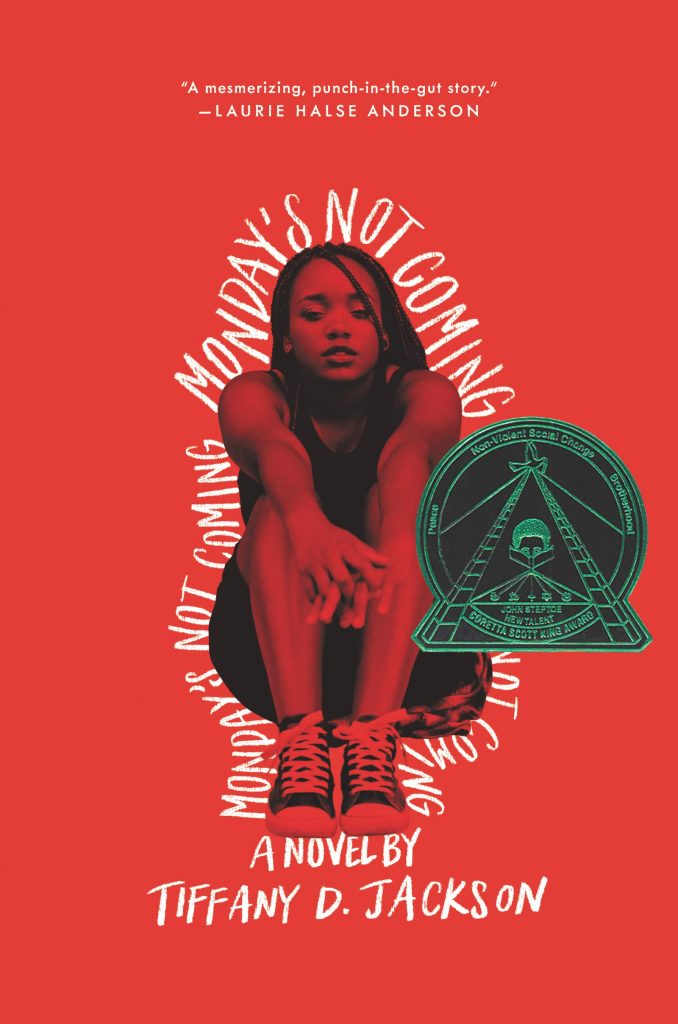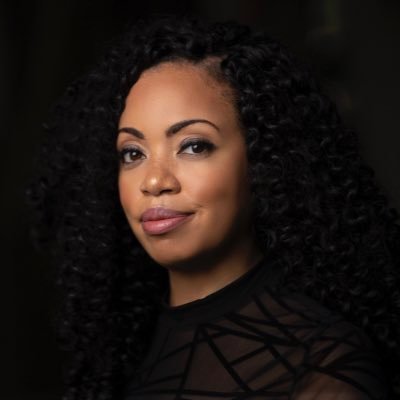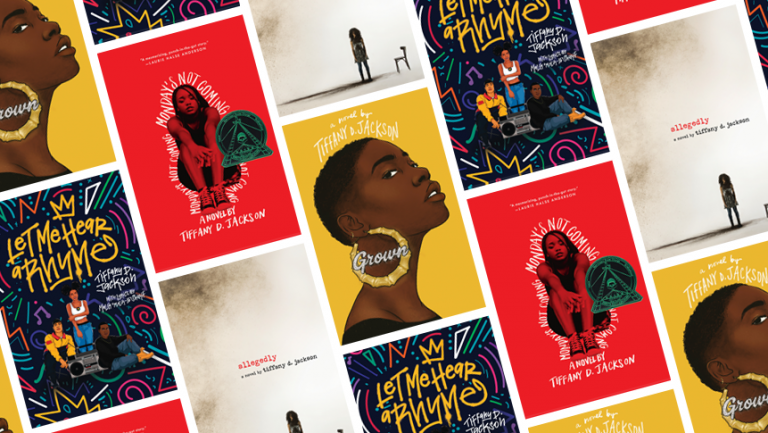

The fear of Critical Race Theory (CRT) has led to the banning of books by Black authors. Matt Krause, a Texas Republican, made headlines last October after sharing a list of hundreds of books that in his opinion made students “feel discomfort.”
Not to mention, back in October 2021, Governor Ron Desantis of Florida proposed the “Stop Woke Act.” This act prohibits teaching of racism in books written for K-12 students. Nine states in Republican regions have passed bills banning instructors from teaching about racism in the classroom. Many parents and educational committees in these states are also working to eliminate books that recount the narratives of LGBTQIA+ individuals and people of color from local libraries. Banning of books across the United States has even targeted minority authors.

Tiffany Jackson’s award-winning novel “Monday’s Not Coming” was one of the many books that parents have demanded be pulled from libraries. The 2018 thriller-drama tells the story of the tragic disappearance of a young Black teenage girl. The novel focuses on the main character, Claudia, who realizes her best friend Monday has disappeared after she doesn’t show up on the first day of school. Claudia’s worries are put on the back burner by Monday’s family and friends, but this does not stop Claudia’s search for her best friend. After finally finding someone that listens to her, Claudia uncovers shocking truths about her best friend’s life.

Many of Jackson’s novels cover the experiences that marginalized societies face daily, including racism, juvenile unjust systems, -and rape culture, and that is not sugarcoated by the author. Tiffany Jackson told Newsweek, “It barely fits the qualifications of actual CRT. So, one would assume the only reason it’s being banned is because it features Black children living in our current society. And that makes these parents’ silent racism incredibly loud.” Educating children about marginalized societies through literature made by minorities opens the door to challenges that are faced outside their environment. However, the voices of the marginalized are demanded to be banned.



